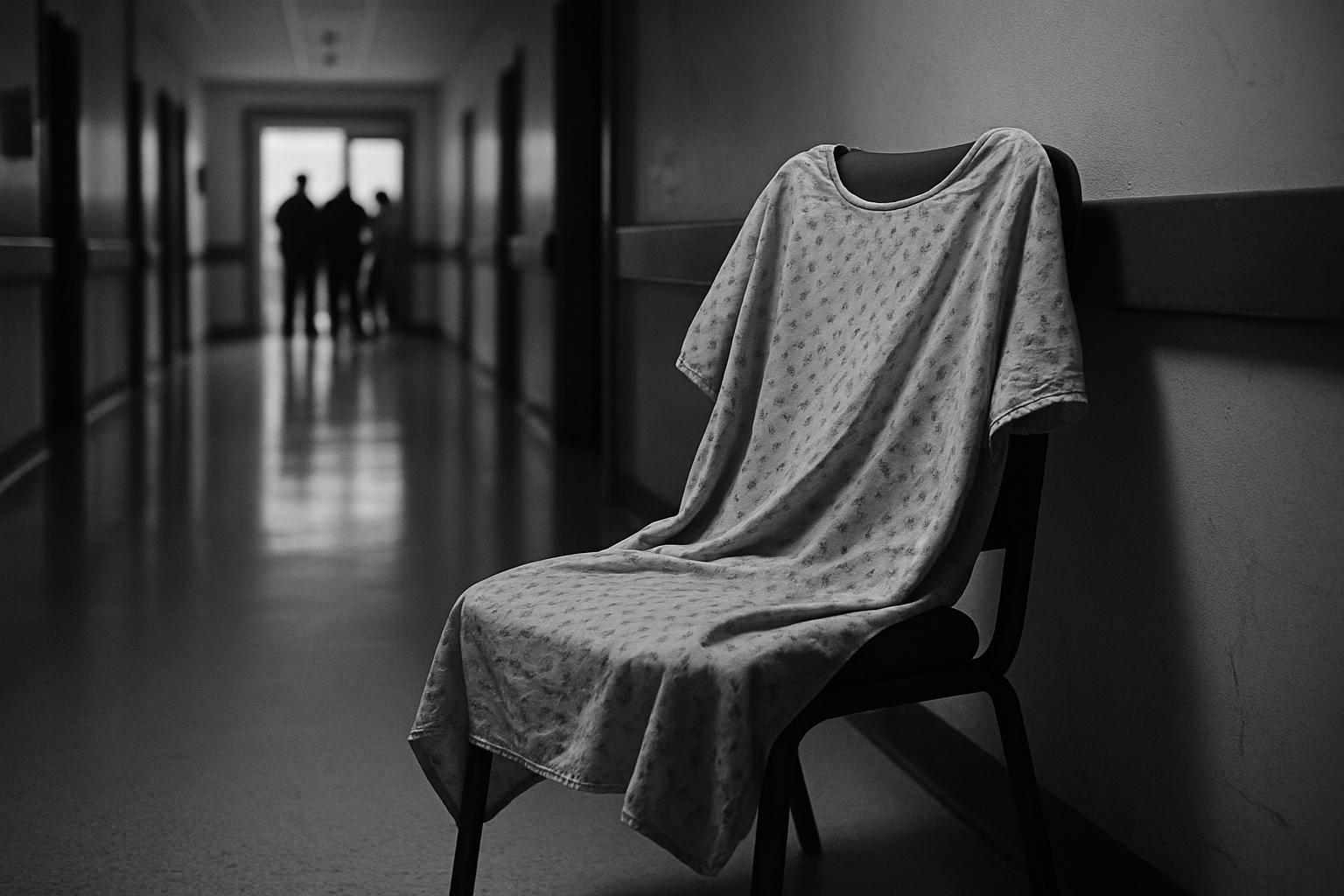Phoebe Billingham, a spirited young girl from Altrincham, continues to fight a rare and aggressive form of liver cancer called hepatic angiosarcoma. Despite her high energy and previous active lifestyle—including martial arts, swimming, basketball, rugby, and football inspired by Manchester City's Erling Haaland—Phoebe was diagnosed in February with this devastating illness. The cancer, which infiltrates every remaining part of her liver, has necessitated four rounds of chemotherapy in an effort to shrink her tumours.
Phoebe’s only potential route to long-term survival, according to her oncologists, is a liver transplant. However, the NHS—specifically Leeds Teaching Hospital with expert input from centres in London and Birmingham—has decided against listing her for a transplant. Their clinical review concluded that the risk of cancer recurrence post-transplant is too high, a stance supported by NHS Blood and Transplant. This has left Phoebe’s family seeking treatment options abroad, with possibilities being explored in Paris, the Netherlands, and Boston. The family has also organised a fundraising campaign, having already raised around £80,000 towards the costly procedure, which could exceed £200,000 if done privately in the UK.
Phoebe’s mother, Lindsey, voiced a poignant perspective shared by many parents in similar circumstances: “As a parent, you just want to give your child a chance.” Her father, Matt, echoed this sentiment, emphasising Phoebe's remarkable determination and vibrant spirit despite her diagnosis. The family had hoped for a live donor liver transplant, with relatives ready to be tested, but all three UK centres considered this approach too risky given the rarity and aggressiveness of the cancer.
The clinical caution is echoed broadly in medical literature. Hepatic angiosarcoma is a rare malignancy characterised by a very poor prognosis, frequently leading to death within months of diagnosis. While surgical resection is considered the mainstay of treatment where feasible, complete removal is challenging because of the diffuse nature of the disease. Liver transplantation has traditionally been contraindicated due to extremely high rates of cancer recurrence and very limited survival post-transplant. Various academic reviews and case studies highlight this risk, noting a lack of long-term survivors among hepatic angiosarcoma liver transplant recipients. Palliative measures and chemotherapy provide limited benefit, and novel therapies are often crucial to controlling symptoms or tumour progression.
However, there are emerging reports suggesting some potential in more experimental approaches. One study documented a child successfully treated with liver transplantation combined with sirolimus therapy, a drug targeting the mTOR pathway, which may have contributed to a positive outcome. Such cases, though, remain exceptionally rare and have not yet changed the general consensus in the UK, where clinical caution prevails due to the lack of sufficient evidence supporting widespread transplant use for these patients.
In addition, there have been reports of hepatic angiosarcoma developing in liver transplant recipients, underscoring the difficulties in managing this disease and the complex biological behaviour that contributes to poor outcomes. This complexity reinforces the delicate balance clinicians must strike between offering potentially curative interventions and avoiding procedures that could cause harm or false hope.
At Leeds Teaching Hospitals NHS Trust, Dr Magnus Harrison expressed sympathy for Phoebe’s family while explaining the difficult decision made by multidisciplinary teams. He acknowledged the family's desire for further opinions abroad and reiterated the ongoing support for Phoebe's care.
Phoebe’s family remains resolute, unwilling to give up as they seek opportunities beyond UK borders. Their story poignantly highlights the agonising decisions faced by patients and families confronting rare cancers where conventional treatments offer limited hope. It also draws attention to the need for continued research and innovation in treating hepatic angiosarcoma and similar malignancies, alongside compassionate consideration of patient and family hopes in care planning.
📌 Reference Map:
- Paragraph 1 – [1]
- Paragraph 2 – [1], [3], [4]
- Paragraph 3 – [1], [3], [4], [5]
- Paragraph 4 – [2], [5]
- Paragraph 5 – [6], [3], [4]
- Paragraph 6 – [1]
Source: Noah Wire Services
